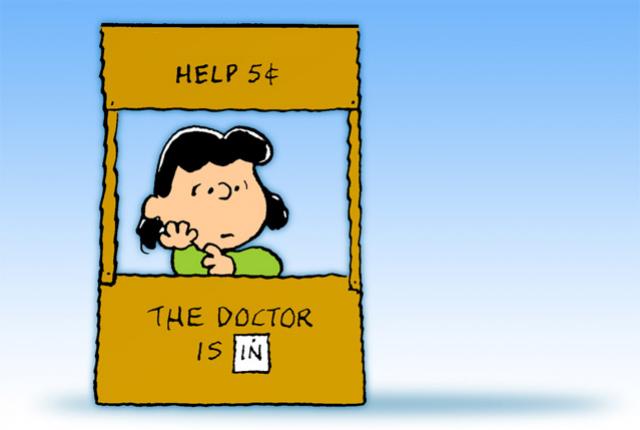 There has been an explosion over the topic "Text Neck." There is a (scientific?) article that stated that people who text are at risk for putting their neck under undue stress. This model crunches numbers and states that every inch we move our heads forward we put increasing force through our neck.
There has been an explosion over the topic "Text Neck." There is a (scientific?) article that stated that people who text are at risk for putting their neck under undue stress. This model crunches numbers and states that every inch we move our heads forward we put increasing force through our neck.  The good news! There is a simple cure! Move your head and neck (and don't text for hours!) No need to sit up straight, keep your shoulders back, keep your eyes level. JUST MOVE! Don't be one position for a prolonged period of time!I have no doubt that the text neck posture does put some increased stress through cervical facets (the joints in your neck). The cervical facets are angled like shingles on a roof. When our neck is bent forward (such as reading a book, or when staring at a computer for hours, which is probably worse than texting) the joints get compressed. Over a significant amount of time, this may cause degenerative conditions through the cervical spine.
The good news! There is a simple cure! Move your head and neck (and don't text for hours!) No need to sit up straight, keep your shoulders back, keep your eyes level. JUST MOVE! Don't be one position for a prolonged period of time!I have no doubt that the text neck posture does put some increased stress through cervical facets (the joints in your neck). The cervical facets are angled like shingles on a roof. When our neck is bent forward (such as reading a book, or when staring at a computer for hours, which is probably worse than texting) the joints get compressed. Over a significant amount of time, this may cause degenerative conditions through the cervical spine.  I would agree that the text neck posture is not a good position for your neck to be in, and if you minimize the time your neck is bent forward, it will reduce forces through your neck. I think people are more at risk for other serious issues with texting such as texting and driving, or not paying attention to where you are walking while texting.
I would agree that the text neck posture is not a good position for your neck to be in, and if you minimize the time your neck is bent forward, it will reduce forces through your neck. I think people are more at risk for other serious issues with texting such as texting and driving, or not paying attention to where you are walking while texting.Please don't text and drive!






